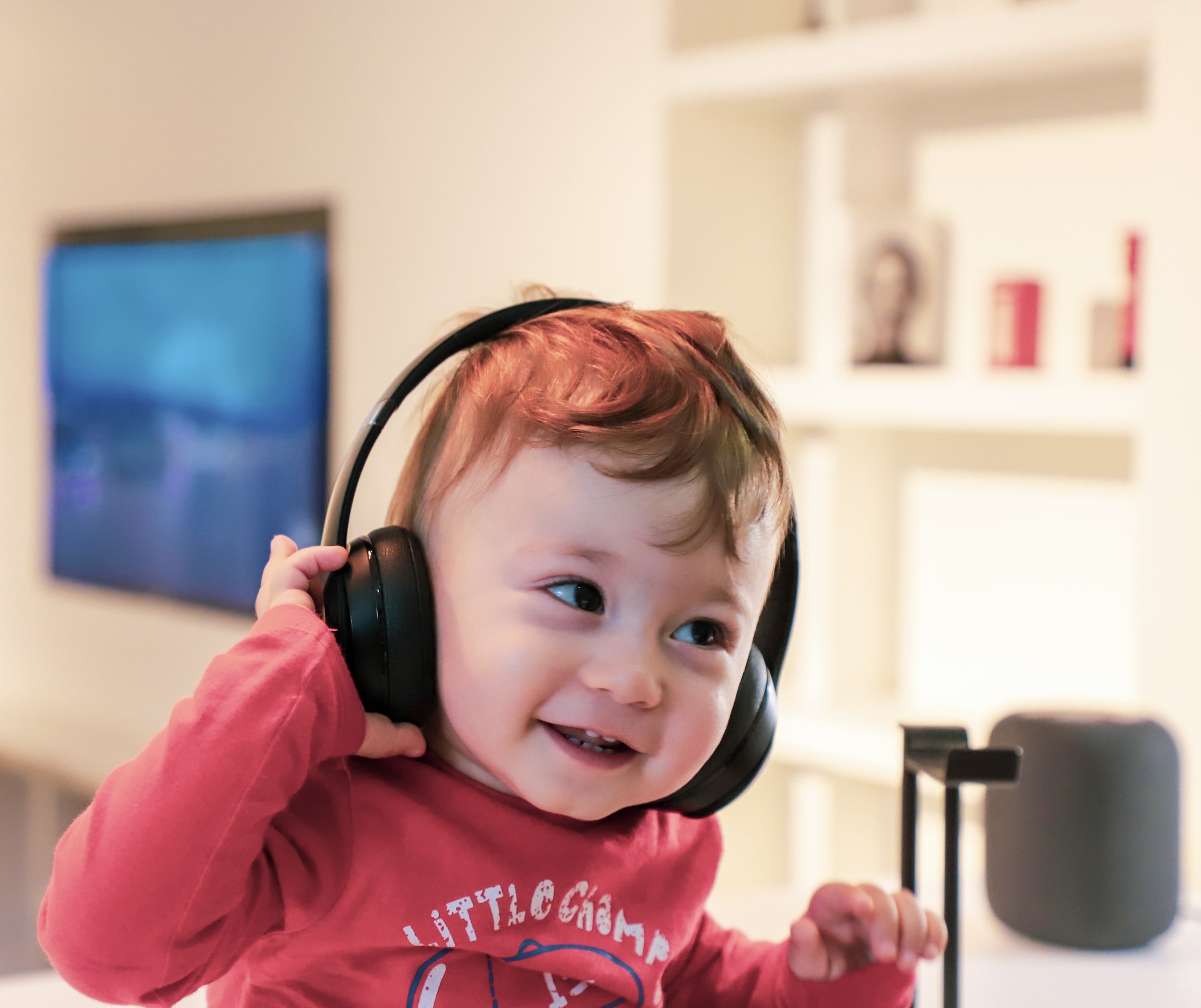
Music Education in Preschool
Barrett, J.S., Schachter, R.E., Gilbert, D. et al. (2021.) Best practices for preschool music education: Supporting music-making throughout the day. Early Childhood Education Journal.
-
Ideas for Practice
The authors give several suggestions for planning music activities in the general classroom, beginning with whole-group activities as part of the daily routine. Welcome songs and using songs as a cue for what is going to happen next (i.e. a song for clean-up time) are encouraged. The authors suggest music choice time as an option for center activities, which is typically a time for students to choose their next activity. Options for centers include different musical instruments at different stations, a music player or tablet for listening to music, and storybook versions of popular songs. Finally, integrating songs during lessons from other subject areas or when giving directions can help students stay engaged.
-
So what?
With the rise of programs such as Universal Pre-K, more and more students are attending school before turning five years old. A standards-based curriculum in Pre-K can build a strong foundation for our youngest musicians. Additionally, consistent musical experiences may help children develop skills and musical interests at an earlier age.
-
Meg's Riff
This article invites discussion about interdisciplinary learning for all teachers, not just music teachers. For so long, music programs have been called upon to be interdisciplinary. In some schools, embedding math, history, language, and more into the music curriculum keeps the program alive. In this article, the tables are turned. Classroom teachers are encouraged to use music in their curricula and pedagogy, and music teachers might see a benefit from this practice. Listen to all our thoughts on this topic in this issue’s podcast!
